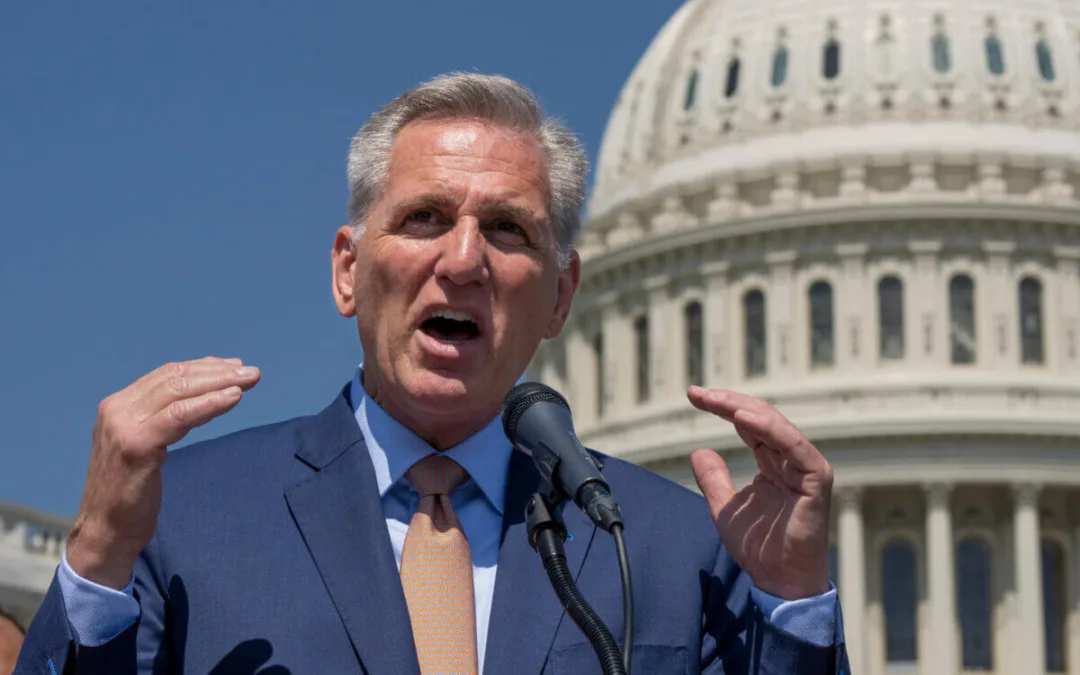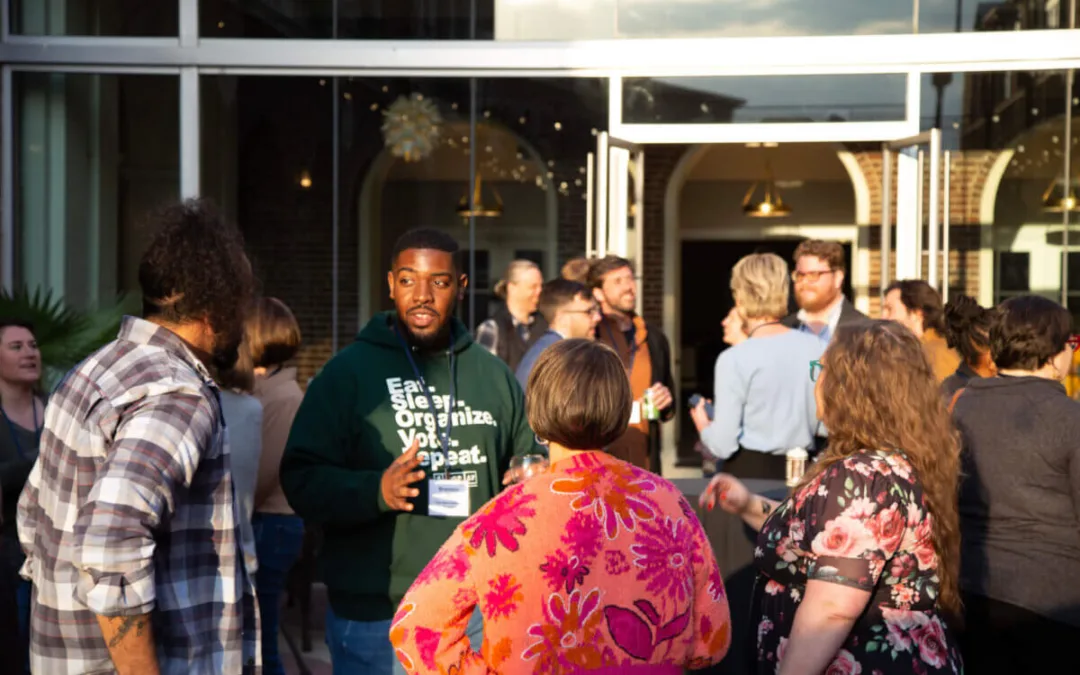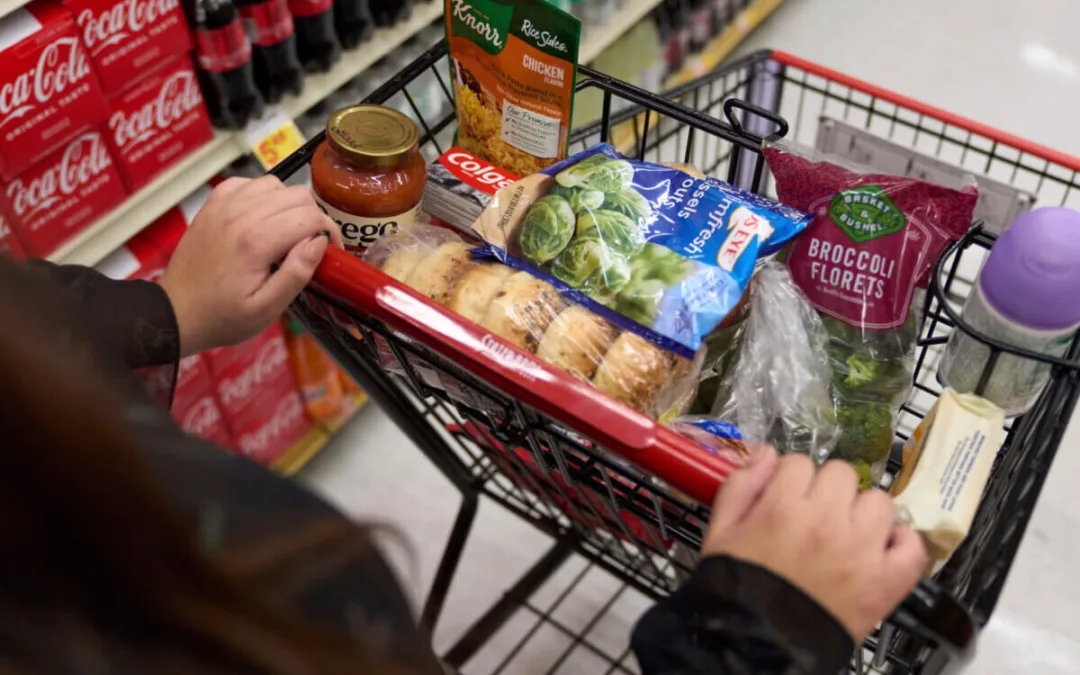
Image via Shutterstock.
If the climbing rates of unemployment continue, predictions add 10 million to the ranks of the poor, vulnerable communities will be hit the hardest.
As a worker in the hospitality industry, Peruvian-American Anthony S. felt he had his life “pretty much headed in the right direction.” But after being suddenly laid off from the South Beach hotel in Miami where he worked in the housekeeping, the 35-year-old has had to make some tough choices.
“Now I have to watch every penny and worry about how much I spend on food and other necessities. I’ve had to change a lot of plans I had for my life,” he says.
Anthony is not alone. According to the National Community Reinvestment Coalition, a nonprofit organization that targets discrimination in lending, housing and business practices, more than half of Latino families wouldn’t be able to cover basic living expenses for three months in the event of a financial reversal.
“You can’t really work from home if you’re waiting tables, cooking, taking care of folks as a home aide, or the health care workers who are in the hospitals right now,’’ said Danyelle Solomon, vice president of Race and Ethnicity Policy at Center for American Progress (CAP).
If 15.4 percent of Americans fall into poverty as a result of the rate of unemployment caused by the COVID-19 pandemic, as research conducted at Columbia University predicts, nearly 10 million people would be added to the ranks of the poor. And none would be hit harder than Blacks and Latinos.
“Those communities that are marginalized, that are under-resourced or underserved, will always suffer more during a crisis like this,” said Dr. David Acosta, chief diversity and inclusion officer for the Association of American Medical Colleges (AAMC) to the AAMC News.
RELATED: Less Than 16% Of Latinos Can Actually Work From Home

A survey conducted by Pew Research revealed that Latinos were more likely to have taken a pay cut or lost a job due to the COVID-19 pandemic, than the general population.
“[These] are people who have jobs where they don’t get paid if they stay home … and [they] risk losing their livelihood,” said Dr. Mary Bassett, director of the François-Xavier Bagnoud Center for Health and Human Rights at Harvard University, to Salud America!.
According to a recent CAP report, 20% of black workers are able to work from home, compared with 30% of white workers, and “eighty-four percent of Hispanics in the United States don’t have jobs that allow them to stay home,” Rep. Joaquin Castro, D-Texas, chair of the Congressional Hispanic Caucus, told NBC.
Born of the racial divide that results in minorities not having equitable access to social support and resources — such as health care and affordable housing, among other necessities — these communities are being hit hardest by the ineffectual handling of the COVID-19 pandemic by the current political administration.
“I hope and pray this situation doesn’t go on for too long,” says Anthony S. “I’m holding on for now, but if this lasts a couple more months, things could get pretty hard for me.”
RELATED: Coronavirus Is Hitting Black and Brown Communities the Hardest
Politics

Teamsters and UPS Reach Tentative Deal to Avoid Strike, 340,000 Workers to Get Raises
The tentative deal represents a huge win for full- and part-time UPS Teamster workers, who would get significant pay raises and better working...



One Republican Senator Is Blocking 265 Military Promotions, Leaving the Marines Without a Confirmed Leader
Sen. Tommy Tuberville's decision means these military officers are not getting the pay raises they’re owed, cannot move their families to wherever...
Local News



Teamsters and UPS Reach Tentative Deal to Avoid Strike, 340,000 Workers to Get Raises
The tentative deal represents a huge win for full- and part-time UPS Teamster workers, who would get significant pay raises and better working...



One Republican Senator Is Blocking 265 Military Promotions, Leaving the Marines Without a Confirmed Leader
Sen. Tommy Tuberville's decision means these military officers are not getting the pay raises they’re owed, cannot move their families to wherever...




